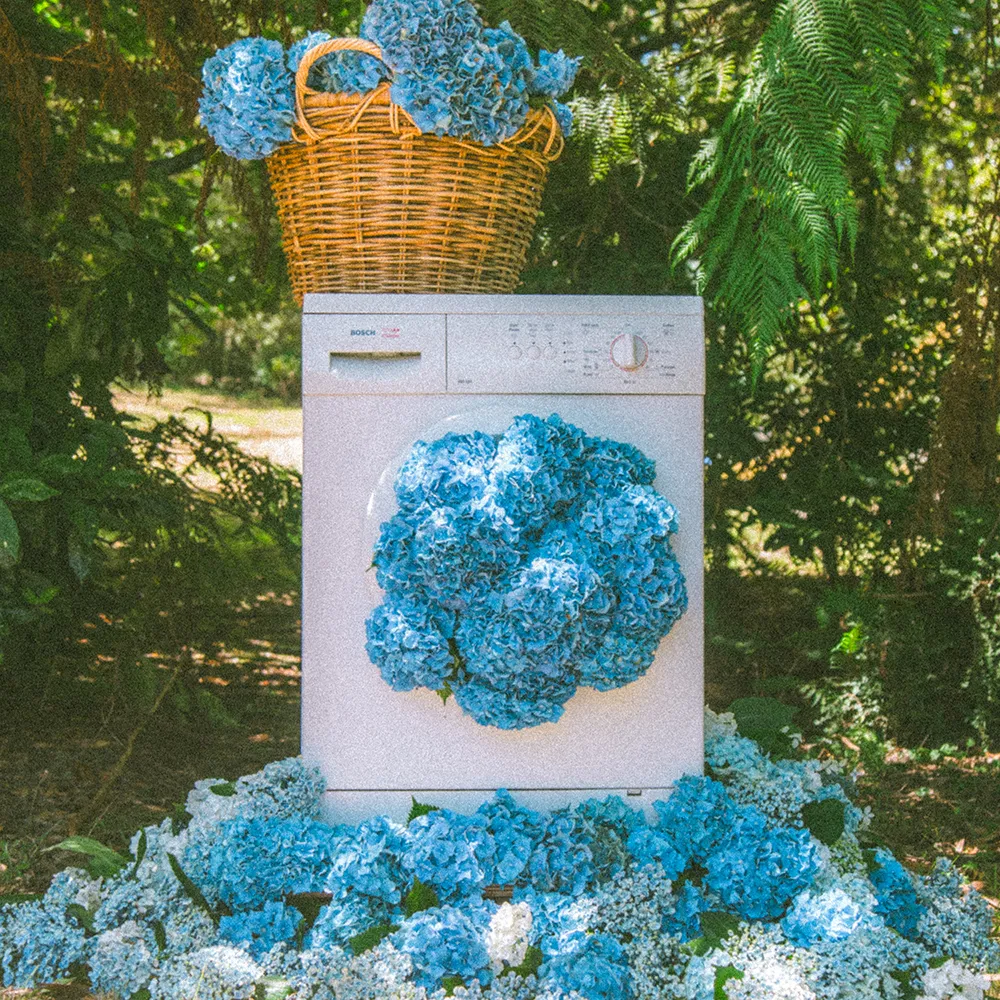B-Side Guys is a music podcast and blog started by Seth Williams and Caleb Alexander. Our goal, then and now, was to shine a light on little-known artists in a way that is mutually beneficial for our audience and the bands featured. Over time it’s mostly become Caleb’s focus, but Seth still checks in and is rocking out to new music on the daily.
Partnerships: Interested in collaborating with us? Reach out to us on Instagram @bsideguys to talk directly to Caleb.
Website built and hosted by Denver Website Builder.












